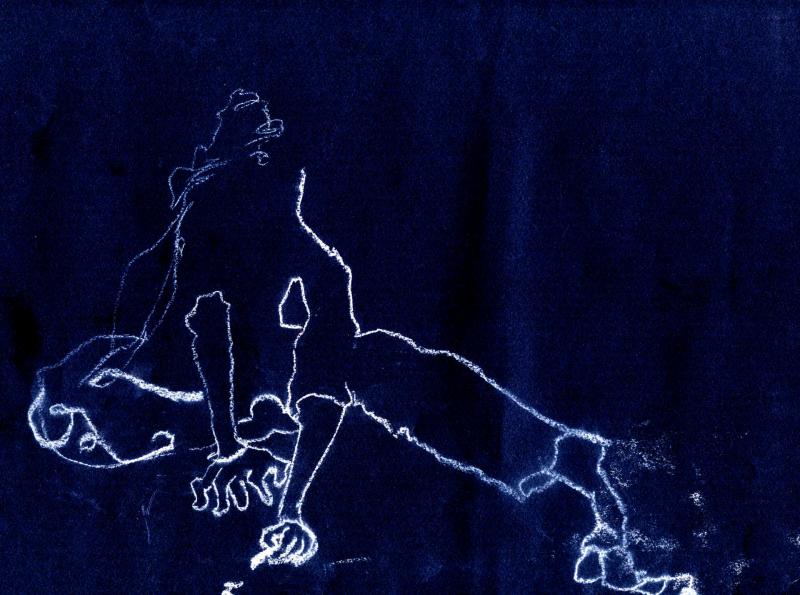Writers are in the habit of composing terrifying portraits of bourgeois society. From Marx to Chomsky, from Thackeray to Franzen—the names could be multiplied endlessly—the critique has been a mainstay of literature for almost two centuries now. But the man who penned the most soul-crushing analysis of modern society was a mild-mannered Victorian gentleman named John Stuart Mill. Few texts occupy a more secure position in the firmament of liberal classics than On Liberty, published in that annus mirabilisof 1859 that also saw to light Das Kapital and On the Origin of Species. Mill, who understand the justifications for bourgeois society better than any of his contemporaries, also understood the horror of it: that the calculating passions that rule modern life will tolerate only insipid mediocrity.
In the last issue we explored the question: “what is a poet?” In this issue, Matthew Gasda asks: “what should poetry do?” His piece takes the form of a review of three recent books in the Yale Series of Younger Poets (volumes by Ken Chen, Katherine Larson, andEduardo Corral). Though impressed by their technical mastery of poetic language, Gasda concludes that the collections take little interest in improving the vitality of their readers. All three works lack, as Gasda puts it, the enigma of genius.
Jonathan Canel’s piece, “Conviction,” explores another absence in the contemporary world: true faith in an active moral and metaphysical life. Canel contends that no claim to truth can be established with unequivocal certainty. As a result, he argues that knowledge and meaning can extend no further than our subjectively held convictions. Failure to recognize both the instability and the inherent subjectivity of truth results in a condition of “bad faith” – a condition of thoughtlessness that conceals the intellectual foundations of genuine purpose. This essay is a philosophical declaration of war against those who dare to settle for the comforts of passivity.
We live in a stultified age. As Mill stated: “Precisely because the tyranny of opinion is such as to make eccentricity a reproach, it is desirable, in order to break through that tyranny, that people should be eccentric. Eccentricity has always abounded when and where strength of character has abounded; and the amount of eccentricity in a society has generally been proportional to the amount of genius, mental vigor, and moral courage which it contained. That so few now dare to be eccentric, marks the chief danger of the time.”

